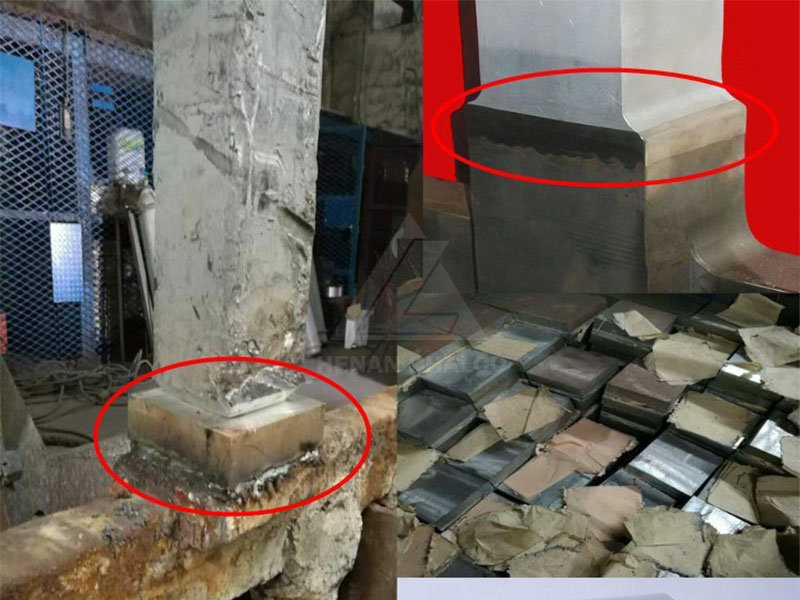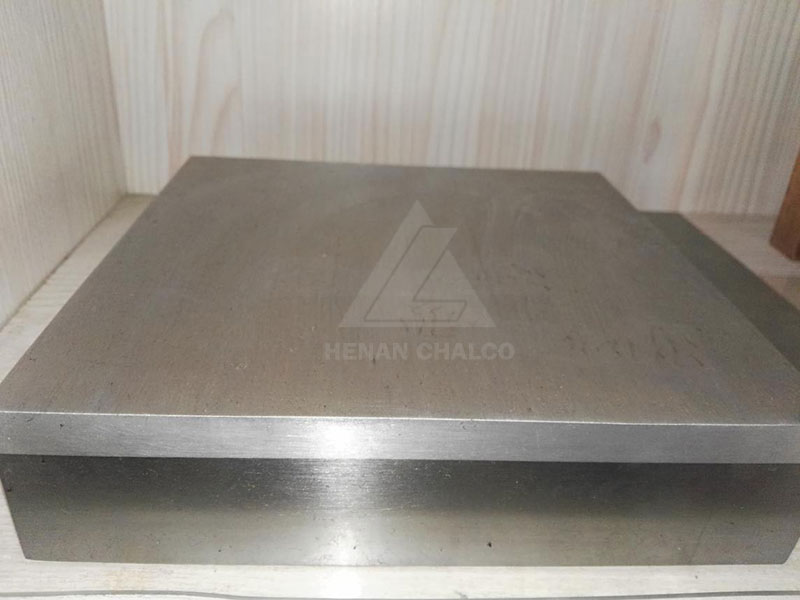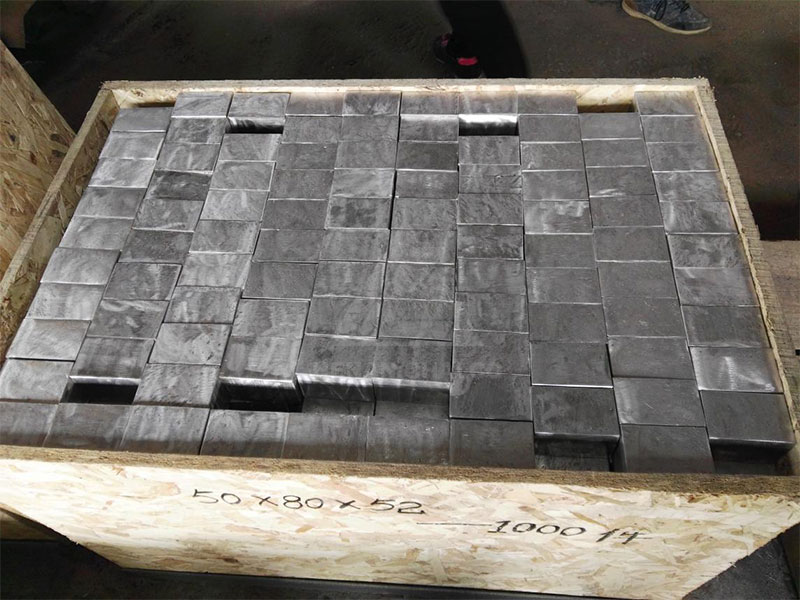Electrical Transition Joint is used for the joint of anode aluminum guide rod and claw. Compared with screw connection and conventional welding methods, aluminum-steel explosive welding block has the characteristics of low interface resistance, high bonding strength, high temperature resistance and corrosion resistance, and is the most ideal conductive transition joint material in electrolysis and power system.

During the installation and welding of the anode group, the temperature of the transition between the aluminum rod and the steel claw can be raised to more than 300 ℃. The temperature is generally 260 ℃ before electrolysis and 200 ℃ during normal electrolysis. The aluminum-steel explosive welding Electrical Transition Joint prepared by explosive welding can withstand the effects of these thermal cycles and have good performance.

Aluminum Steel Electrical Transition Joint: base steel Q235B, size is 40 X 1200 X 6000mm; cladding is pure aluminum 1070, size is 12 X 1200 X 6000mm, composite size is 52 X 1200 X 6000mm. After sawing, the common specifications are 175 *175 *52mm, 235 *235 *52mm, 220 *200 *52mm, 205 *235 *52mm, 165 *270 *52mm, 245 *245 *52mm.

| Name | Electrical Transition Joint for metal refining | ||||
| Dimension(mm) | 175×175×52, 235×235×52, 220×200×52, 205×235×52, 165×270×52, 245×245×52. | ||||
| Tensile Strength | ≥100MPa | Shear strength | ≥80MPa | Impact resistance | ≥100MPa |
| voltage drop | ≤1.8mV(2mV) | Resistivity | 8.15×10-8 Ω.m | Highest Temperature | 350℃ |











